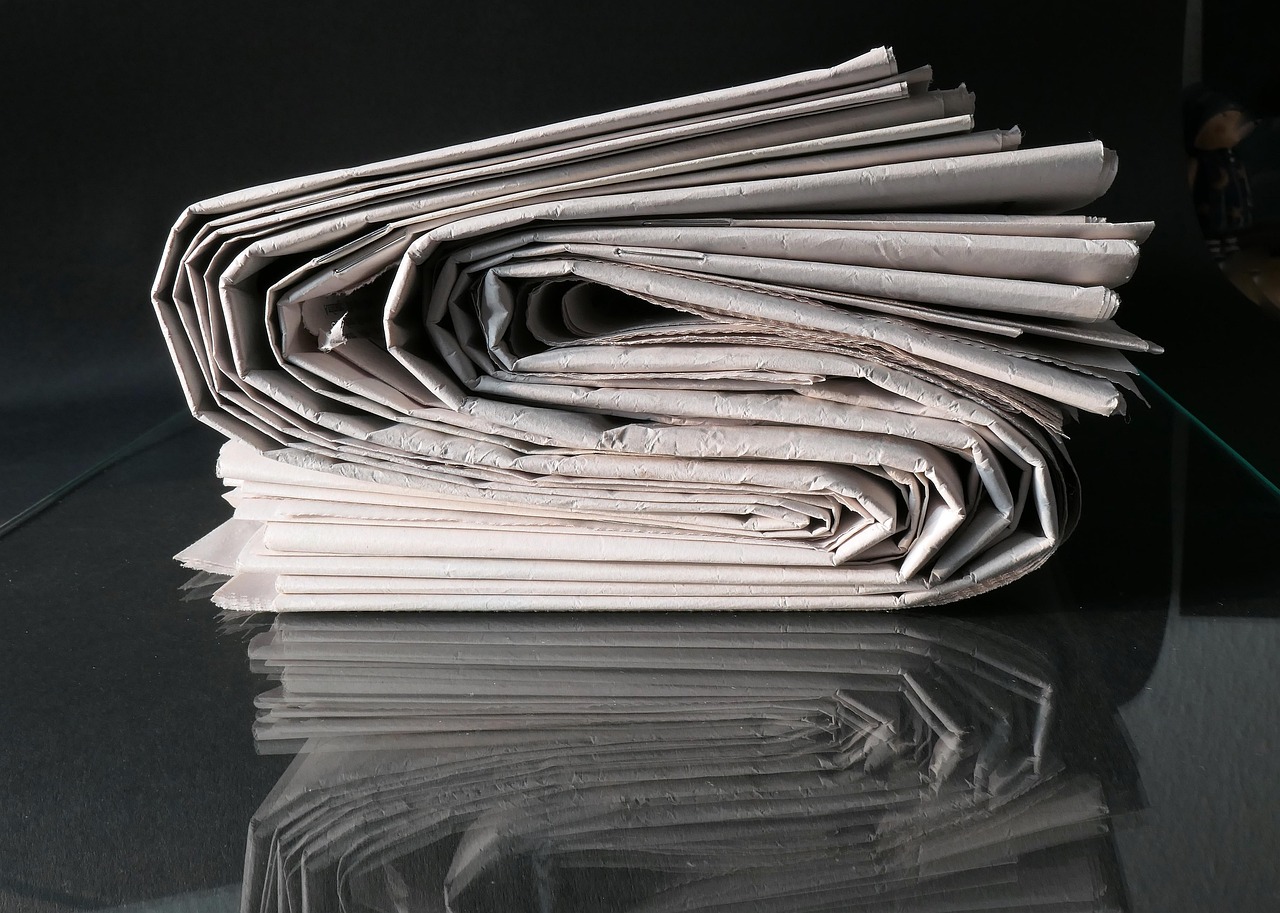Self Help

Self-help is about taking proactive steps to improve various aspects of your life, whether it's mental, physical, or emotional health, personal growth, or building strong relationships. The key is to start small, be consistent, and seek support when needed. By incorporating these strategies into your daily life, you can enhance your overall well-being and lead a more fulfilling life.

- Details
- By Sæbjörn Leafslayer
- Parent Category: Worried
- Category: Self Help
- 147
Here’s your truth breakdown of classic, political, science, alien, corporate, and historical conspiracy theories,
showing what’s 🟢 True, 🟠 Grain of Truth, or 🔴 False / No Evidence.

- Details
- By Sæbjörn Leafslayer
- Parent Category: Worried
- Category: Self Help
- 146
Here’s a clear and simple list of major tabloid newspapers and media outlets by country, including those known for sensational or entertainment-driven reporting 👇
